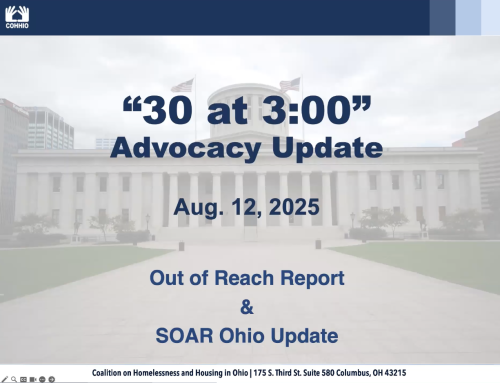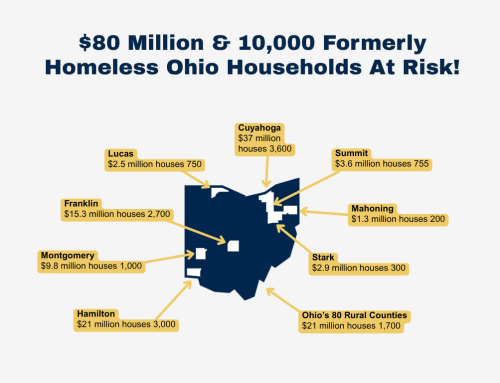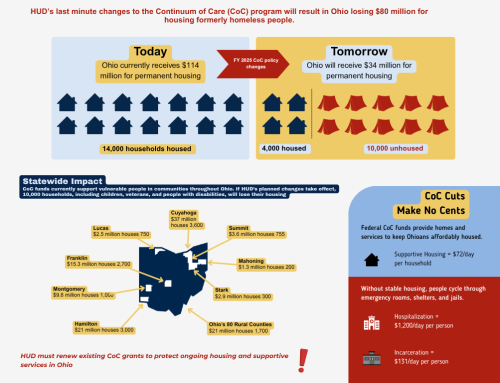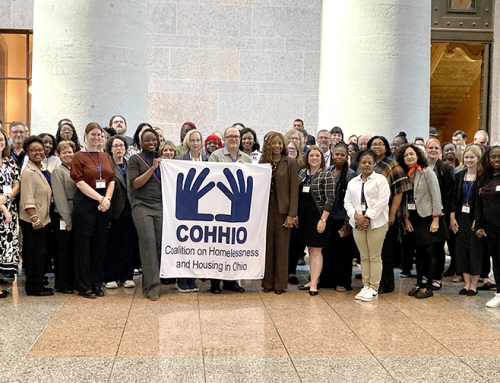Updated June 2022
Legislation currently pending in the Ohio House Finance Committee has the potential to expand the Ohio Housing Trust Fund, the primary source of state funding for homelessness and affordable housing programs.
House Bill 237 would modernize county recording documents and increase recording fees, which have traditionally been divided equally between the OHTF and the counties. However, the current version of the bill would upset historic precedent by funneling all increased revenue to the counties. Furthermore, county recorders’ shift to digital and online document recording systems encouraged by the legislation will create uncertainty for future OHTF revenues.
Ask your state legislators to support an amendment to HB 237 that would restore the traditional 50-50 split between the OHTF and counties, because:
- Voters approved the constitutional amendment on Ohio Housing Assistance in 1990 prompting the legislature to create the Ohio Housing Trust Fund with broad bipartisan support.
- Three study committees recommended creating a Housing Trust Fund fee to mirror the county recorder fee.
- Since the OHTF fee was enacted nearly 20 years ago, all revenue collected by recorders has been divided 50-50 between counties and the OHTF. This should continue to be the case.
- The OHTF generates sends about $50 million a year to agencies that serve homeless children and veterans, and repairs homes for low-income seniors and people with disabilities through local Habitat for Humanity chapters and Area Agencies on Aging.
- State law requires at least half of total OHTF allocations go to non-urban counties [OHTF projects by county]
- The OHTF leverages far more investment in private and federal funds. Each OHTF dollar allocated generates $9.55 in economic activity for Ohio.
- HB 237 as-introduced provides a long-term opportunity to improve housing stability by including the OHTF in the proposed recording fee adjustment.
- Restoring the OHTF to HB 237 will provide greater certainty for OHTF revenues to ensure local agencies can continue stabilizing the lives of Ohioans living in very precarious and unhealthy circumstances.
